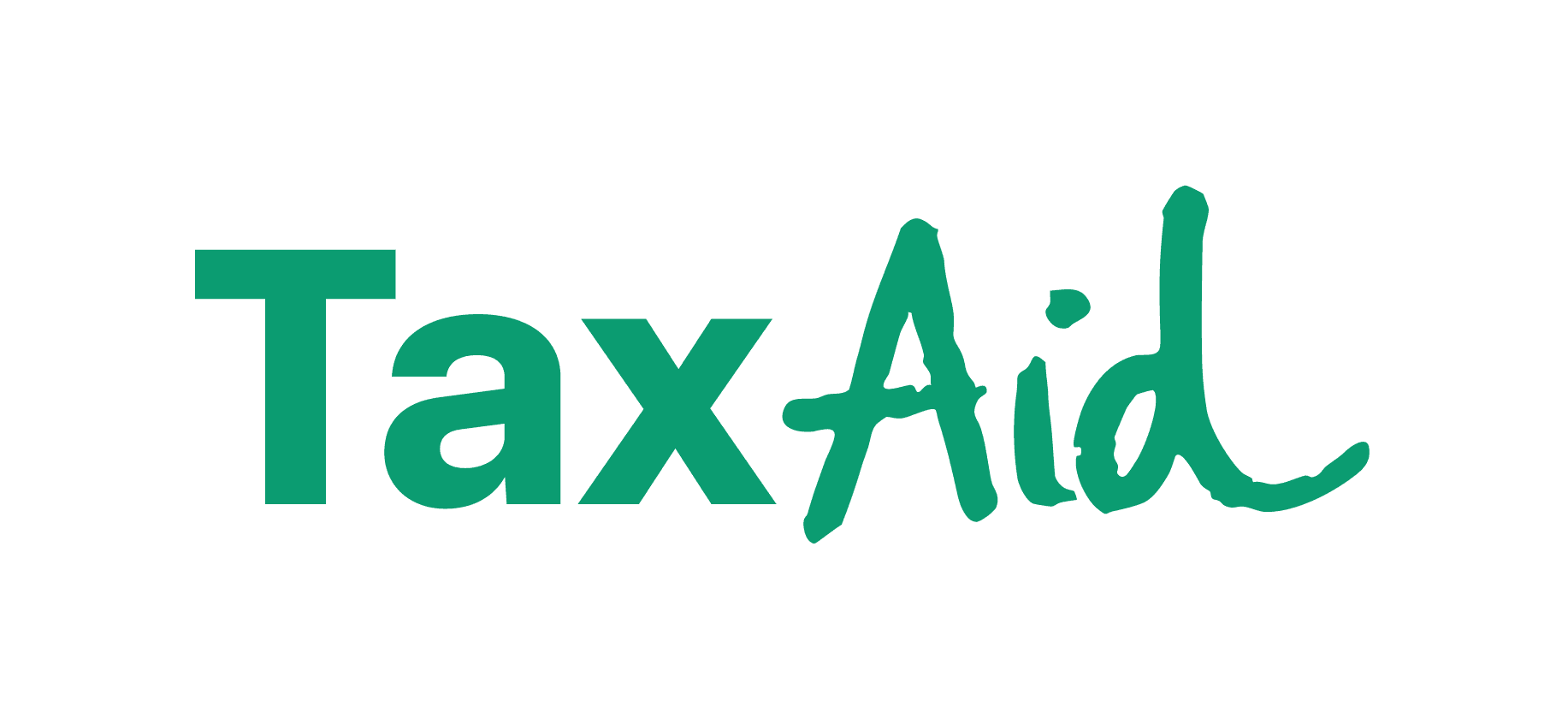If you appoint an accountant or tax adviser, you should do so with care. Anyone can set up in business offering accounting and tax advisory services, even if they have no professional qualifications or experience. A sign over the door saying Accountancy & Bookkeeping is no guarantee of training or expertise in this area.
Professionally qualified advisers will have completed relevant training and examinations, they will be regulated by their professional body and keep their skills and knowledge up to date through continuing professional development. They are also required to hold Professional Indemnity Insurance (PII). This is especially important because PII protects you against loss in cases of fraud or negligence by your adviser. Avoid any adviser who does not hold Professional Indemnity Insurance.
In our experience you are more likely to make a good choice if you consider the following:
- Do they have a good reputation? Are they recommended by someone you know?
- Do they belong to a professional institute requiring professional indemnity insurance and a complaints procedure? See our list below of professional institutes
- Are they efficient in the way they work? When you met them were they approachable and do they understand businesses of your size and in your trade sector?
- Do they have expertise in the particular areas of tax on which you require advice?
- Do they provide all the services you require now, and as your business develops? What about audit, investment or insolvency advice?
Making contact
Ask any professional institutes for a list of advisers in your area. They won’t make a recommendation but they will provide you with the contact details of their current members
- Invest time in finding the right adviser. Research their websites and meet those on your shortlist
- Check in advance whether the first meeting is free of charge
Charges
- Establish the basis of fees and when they will be payable. Ask for an estimate and check what is included – there will be additional charges for other services (e.g. VAT, Payroll)
- You may be able to minimise charges by doing some work yourself and by using a compatible accounting package – discuss this at the initial meeting
After appointing your adviser
- You should receive a letter setting out what your adviser will (and will not) do for you and the terms of the engagement
- Keep your adviser informed of any changes in your business or personal circumstances. You should seek their advice in advance if you are considering retiring, selling or giving away an interest in your business or a significant asset
The main professional bodies that can help you find an accountant/tax adviser are:
Institute of Chartered Accountants in England and Wales (ICAEW)
Institute of Chartered Accountants of Scotland (ICAS)
Association of Chartered Certified Accountants (ACCA)
Chartered Accountants Ireland (CAI)
Chartered Institute of Taxation (CIOT)
Association of Accounting Technicians (AAT)
Association of Taxation Technicians (ATT)
